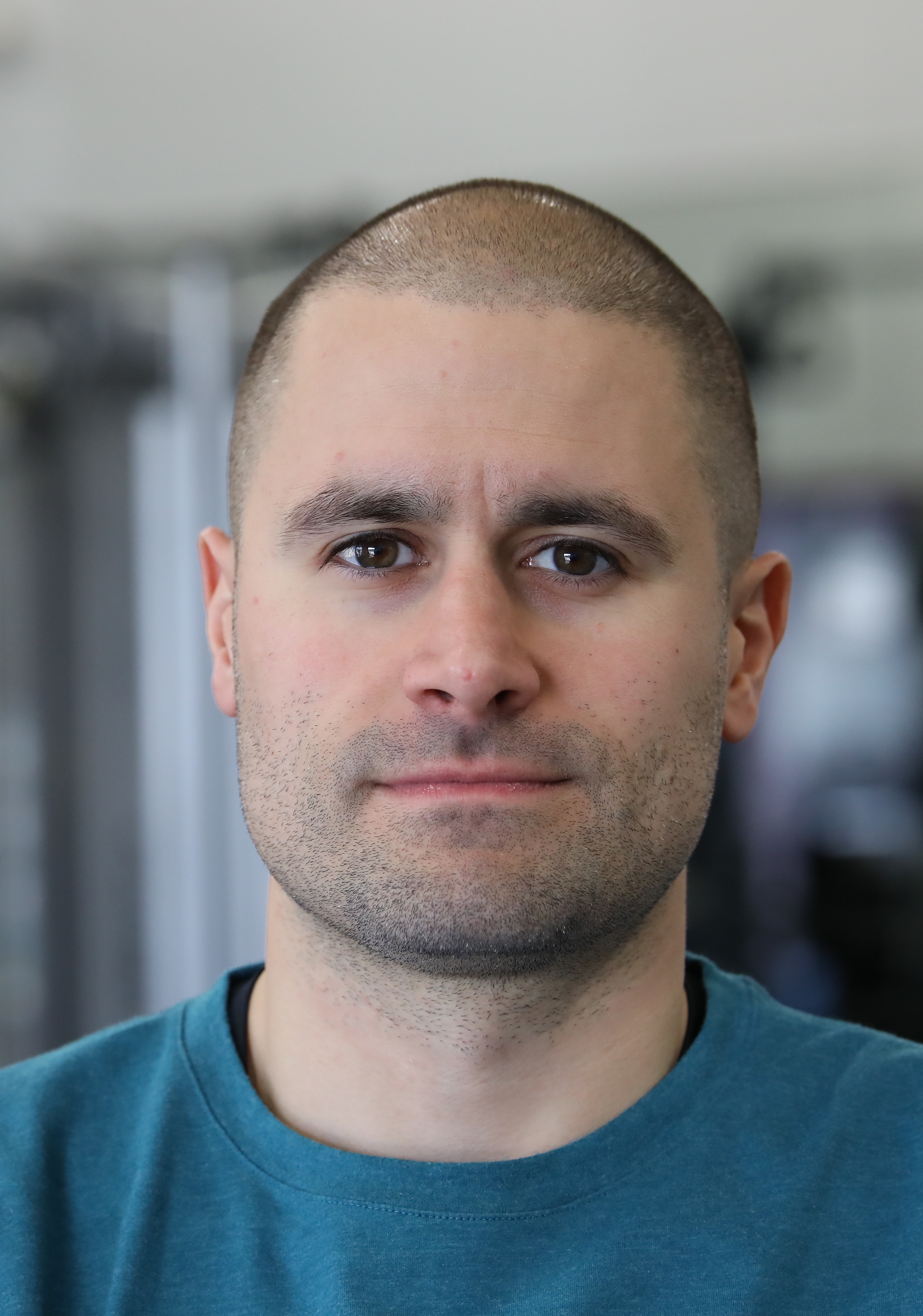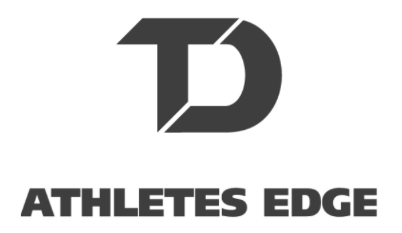HOW TO PREPARE FOR YOUR BEST SKI SEASON EVER
I have a question for you: Would you run 5 miles as hard as you can on rough terrain after having been on a hiatus from running for 8-10 months? Probably not. Next question: If you did do that, would you expect your body to feel great during and in the days after? Probably not.
Due to the nature of the sport of skiing, we often only have a small window of active downhill skiing per year. Depending on where you live this could be as short as 8 weeks of good skiing. The problem this creates is for 8-10 months of the year you don’t have the ability to be doing this activity on snow and then suddenly, you hit the slopes and go hard.
The flaw in that equation is the human body does not like to go from 0-100. A dramatic spike of workload in any activity has been showno be associated with increased injury risk. In an article by Tim Gabbet, he pointed out that unnecessary, non-contact, soft tissue injuries can often be triggered by extreme and abrupt spikes in workload of a given activity. Translation: It’s fair to expect an injury in response to abruptly jumping into any activity at a high volume or intensity.
There’s an easy solution to this dilemma. It’s a two-pronged approach to preparing for ski season. I call it the Train & Turtle Strategy (TTS).
-
Train: The first and most important part of the strategy is to physically train and prepare for the slopes. Specifically, this should include consistent resistance training. Depending on your injury history and goals, your resistance training program should likely include jumps and landings to prepare for the deceleration forces that skiing brings.
-
Turtle: The second prong of the strategy refers to slowly easing your way back to the mountain when you get there. It’s tempting to get back to the slopes for the first day of the season and ski hard for hours, but this will likely end poorly. Instead, ease back into it at a turtle’s pace. Let your body get used to the slopes from a long summer away from the snow. Try cutting your desired duration on the mountain or number of runs in half. The goal here is to live to fight another day!
he Train & Turtle Strategy will help you to be better prepared for ski season and make re-entry to the slopes much more enjoyable. Keep in mind that even if you do all of the right resistance training preparation and then ease your way back to the mountains, you should still expect some general soreness after the first 1-3 days back on skis. As long as you don’t overdo it during that period, your body will quickly accommodate to the unique forces that skiing places on your body and you’ll be shredding those runs like a champ.
lease CLICK HEREf you want to learn more about how we can help you to solve nagging injury issues, prepare for a sport or event, or achieve specific physical goals. That’s what we do best here at TD Athletes Edge and we would LOVE to help!
Also, check out some of our coaches posts on Instagram for some example exercises that will help you to stay ready for the mountain and be the most durable member of your next ski trip! Click on the links below:
3 EXERCISES SKIERS NEED TO BE DOING
Gabbett, Tim J. “The Training—Injury Prevention Paradox: Should Athletes Be Training Smarterandharder?” British Journal of Sports Medicine, vol. 50, no. 5, 2016, pp. 273–280., doi:10.1136/bjsports-2015-095788.
Hulin, B., et al. “Spikes in Acute Workload Are Associated with Increased Injury Risk in Elite Cricket Fast Bowlers.” Journal of Science and Medicine in Sport, vol. 16, 2013, doi:10.1016/j.jsams.2013.10.229.
Like what you read?
Sign up now to get the latest tips and advice
Tim DiFrancesco, PT, DPT spent 6 seasons as the Head Strength & Conditioning Coach of the Los Angeles Lakers and is the founder of TD Athletes Edge. He is nationally renowned for his evidence-based and scientific approach to fitness, training, nutrition, and recovery for athletes and fitness enthusiasts.
For training and nutrition advice, follow us on:
• Twitter http://twitter.com/tdathletesedge
• Facebook http://www.facebook.com/tdathletesedge
• Instagram http://instagram.com/tdathletesedge
• YouTube https://www.youtube.com/user/tdifranc1
• Sign up for our newsletter and follow our blog at http://www.tdathletesedge.com
ABOUT THE AUTHOR

Tim DiFrancesco, PT, DPT spent 6 seasons as the Head Strength & Conditioning Coach of the Los Angeles Lakers and is the founder of TD Athletes Edge. He is nationally renowned for his evidence-based and scientific approach to fitness, training, nutrition, and recovery for athletes and fitness enthusiasts.
